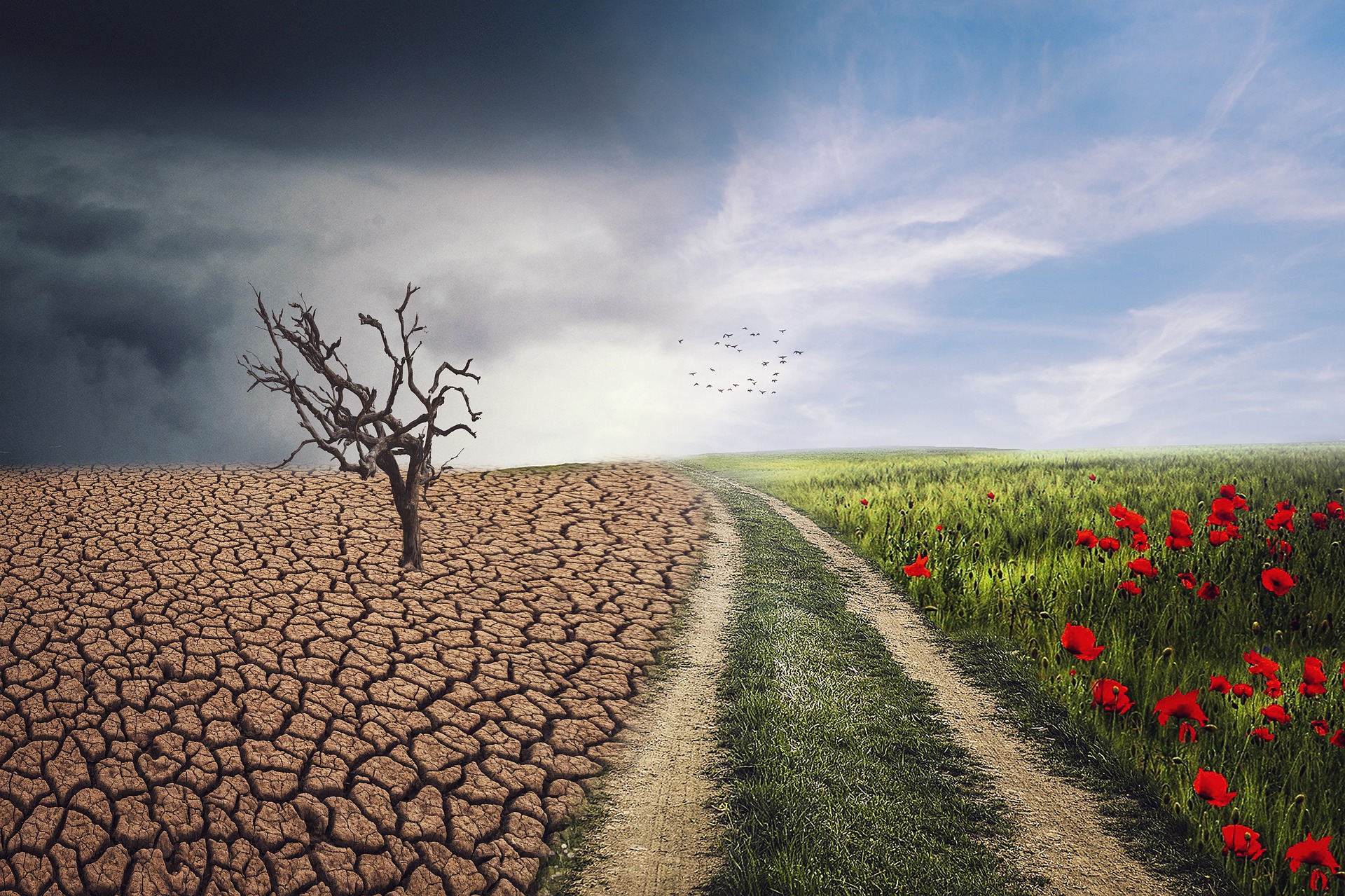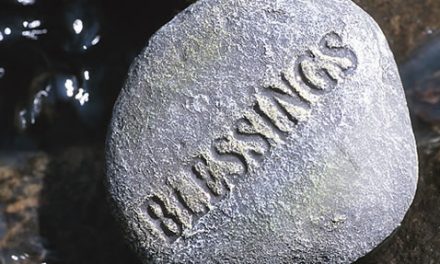
The first Earth Day occurred on April 22, 1970. It drew 20 million people into the streets to protest pollution. At the time, air pollution was so severe you couldn’t see more than two blocks in some American cities. Some rivers and streams were so polluted we could not swim or fish in them.
Imagine 20 million people—10 percent of the total population of the United States in 1970—demanding change. They were organized not with social media and flash mobs, but with mail, telephones, and mimeograph machines. That night CBS News anchor Walter Cronkite reported on the event noting Earth Day’s message: “Act or die.”
The pressure of that first Earth Day encouraged America to clean up its act. Its energy inspired the creation of the Environmental Protection Agency and led to the passage of important legislation to protect us and our planet, including the Clean Air Act, the Clean Water Act, and the Endangered Species Act.
In the following years, the movement grew global, sweeping through major cities around the world. Generations grew up planting trees, picking up trash in parks, making environmental posters and banners, and hitting the streets in protest and celebration on this day.
So we saved the planet, right?
Not So Fast
Now, here we are, more than 50 years later, and there is still a crying need for Earth Day. Scientists around the world have been shouting from the rooftops of their labs, ringing alarms, warning us that we have been too slow, that in a few years the earth will be beyond repair and our eco-systems will begin to fail. Soon we will go from That’s Too Bad to It’s Too Late.
And to make matters worse, the current profit-first, people-last attitude is intentionally weakening many of the environmental protections granted to us in the Clean Air Act, the Clean Water Act, and many other environmental laws. The result: Industrial polluters will get more money, while we get unbreathable air, undrinkable water, and toxic land.
The irony of all this is that the coronavirus pandemic had some benefit on the environment. With people staying at home, cars garaged, airplanes grounded, and businesses shuttered, the planet breathed a sigh of relief. Cities that hadn’t seen the sky for years reported their smog was dissipating. Waterways were cleaner and clearer. For a time.
Now human life is back to business as usual: polluting more than protecting. But think about what the pandemic has proven to us. We have seen what is possible when the global community attacks a problem en masse. We can win, if we stick together. Why shouldn’t our next victory be against the climate crisis?
So instead of sitting at home on this Earth Day twiddling our thumbs, perhaps we should think about how we can live differently, how we can advocate and vote for change, how we can be agents of change.
The climate crisis is a threat to our existence. We have no choice: we must act or die.
________________________
Several of my novels discuss the environmental crisis. Up There discusses our changing weather patterns as noticed by a woman who can fly. Read more about one family’s fight for pollinators in my novel Crow Calling.





